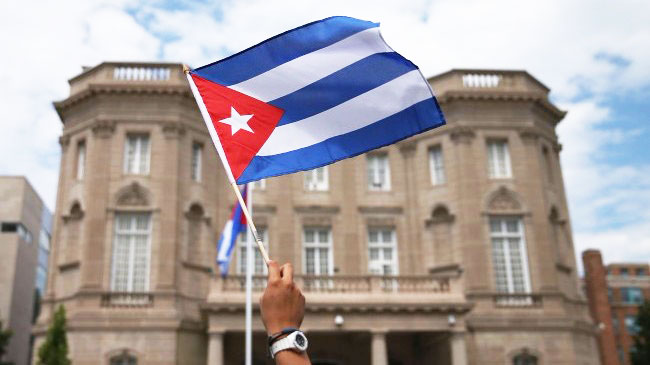
After months of reports of diplomatic personnel in Cuba experiencing strange symptoms like hearing loss and nausea because of mysterious attacks — possibly made by a sonic device — the U.S. decided to pull all non-essential diplomatic personnel from Cuba and stop issuing visas to Cubans. D.C. also urged tourists to avoid traveling to the country as a number of the incidents occurred at civilian-trafficked hotels.
While the Cuban government has denied any involvement in the attacks, the U.S. has also decided to expel 15 diplomats from the Cuban embassy in Washington, D.C. The move is intended to force the Cuban embassy in D.C. to operate with a skeleton crew like the U.S. embassy in Havana. Secretary of State Rex Tillerson added that the expulsions were happening “due to Cuba’s failure to take appropriate steps to protect our diplomats in accordance with its obligations under the Vienna Convention.”
The State Department informed the Cuban ambassador in a Tuesday phone call that the diplomats had one week to vacate the country. The State Department said that it would need assurances that the attacks would not continue before allowing the Cuban diplomats back. However, in a statement, Secretary Tillerson was clear that the U.S. was not accusing Cuba of being responsible for the attacks and that the two countries were cooperating as the U.S. investigates.
The attacks, which affected 17 government employees and four spouses in Cuba, are believed to have happened at the embassy as well as in the diplomats’ homes. However, since Canadian diplomats were affected as well, there is a growing sense that the Cuban government really isn’t involved since Canada and Cuba have long had good relations. The Cuban government allowing the FBI to travel to Havana has been taken as another sign that Cuba was genuinely concerned with the attacks.
In August, the State Department said it was confident that the attacks had stopped but later said that its Havana staff is still at risk.
(Via New York Times)
